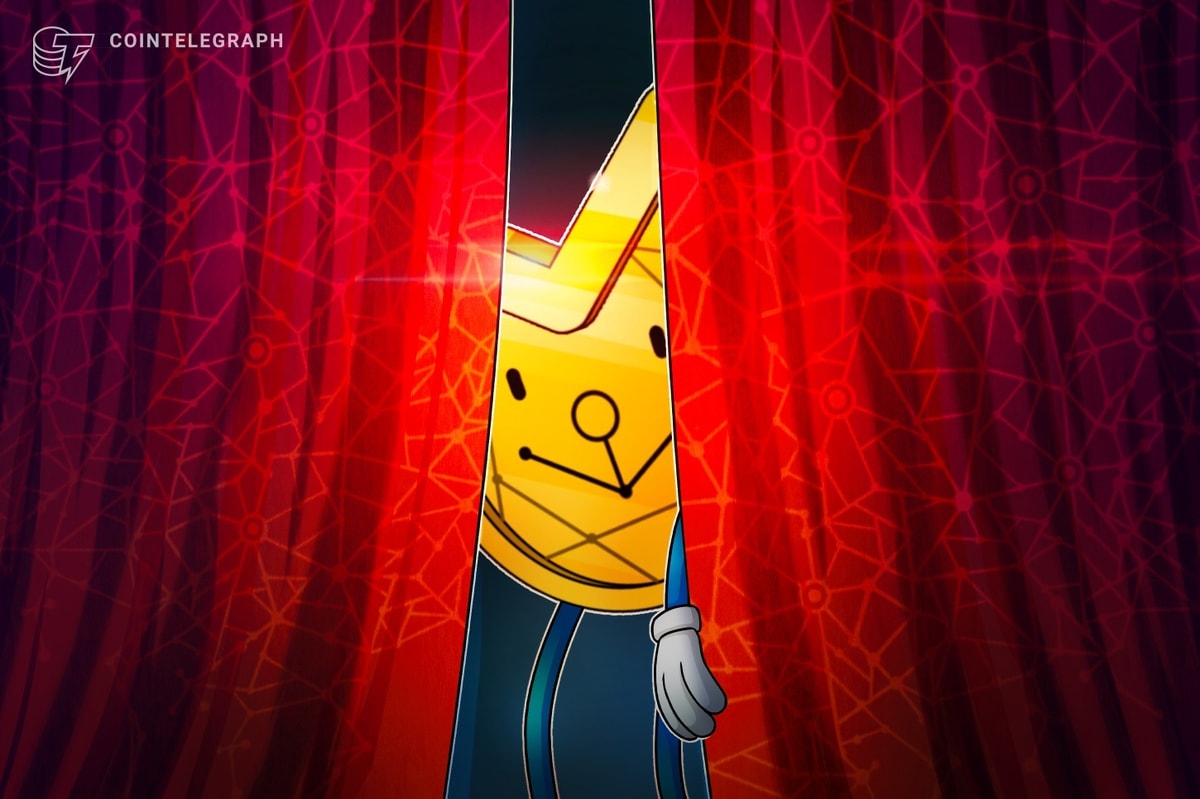In brief
- The film "Uncanny Valley" will include elements created using generative AI.
- Natasha Lyonne is collaborating with actress and director Brit Marling and futurist and author Jaron Lanier.
- The film is in early development with no release date set.
Natasha Lyonne is taking on Silicon Valley’s AI obsession in "Uncanny Valley," a new sci-fi film that blurs the line between human performance and artificial intelligence. The move comes two years after Lyonne joined over 1,000 members of the Writers Guild of America in signing a petition calling for more AI guardrails in the entertainment industry.
Joining the "Poker Face" and "Slums of Beverly Hills" star, who will direct and star in the satirical dystopian film, are actress and director Brit Marling and futurist and author Jaron Lanier.
While details about the "Uncanny Valley" are scarce, according to a report by Variety, the film, announced on Tuesday, follows Mila, a teenager whose sense of reality begins to deteriorate as she becomes immersed in an open-world augmented reality game that blurs the lines between the digital and physical worlds. The film is still in early development, and no release date has been set.
“AI can enable bigger visions onscreen—but we must also grapple with its myriad complexities surrounding artist’s rights,” Lyonne said in a statement. “Our goal is to face these head-on and help shape new industry standards and protections.”
Toronto-based AI developer MoonValley and Los Angeles-based Asteria Film Co. are developing the film's generative AI element. The "uncanny valley" refers to the eerie feeling people experience when a robot or digital character appears almost human.
“When it comes to new technology, many artists are afraid to lean in,” Asteria Film co-founder Bryn Mooser said in a statement. “But Natasha and Brit once again proved what sets them apart as head of class in artistic genius: They’re not just creative forces—they’re fluent in the language of emerging tech.”
Lanier described "Uncanny Valley" as a meditation on human connection, not just a commentary on technology.
“There is a story here about technology, but it is really about people, and the unpredictable thread of connection that joins us across generations, technologies, and divergent weirdness,” he said.
Since the public launch of ChatGPT in November 2022, Hollywood has been grappling with how to adapt to the emerging technology. In 2023, generative AI was a key factor contributing to the months-long strike by the Writers Guild of America and SAG-AFTRA.
In March, Lyonne joined other entertainers—including Mark Ruffalo, Paul McCartney, Cynthia Erivo, Cate Blanchett, and Chris Rock—in signing an open letter to the Trump Administration to uphold existing copyright protections against AI training, after Google and OpenAI requested that the laws be relaxed.
Despite concerns about AI, movie studios and filmmakers are seeking ways to leverage the technology to their advantage. In November, "Blade Runner" and "Gladiator II" director Ridley Scott said he is trying to embrace AI.
“I don’t think it’s going to create jobs except for very high-end specialists,” Scott told the New York Times. “You can have done in a week what would take 10 guys 10 weeks.”
The upcoming film "Watch the Skies," a Swedish UFO thriller set to hit U.S. theaters this May, will be the first full theatrical release to utilize visual dubbing technology developed by AI company Flawless. This technology digitally alters actors’ lip movements to match English dialogue, making the film appear as if it were shot in English.
“A lot of filmmakers and a lot of actors will be afraid of this technology at first, but we have the creative control, and to act out the film in English was a really exciting experience,” Watch the Skies writer-director Victor Danell said in a making-of-featurette.
Edited by Andrew Hayward
Generally Intelligent Newsletter
A weekly AI journey narrated by Gen, a generative AI model.

 6 months ago
19
6 months ago
19









 English (US) ·
English (US) ·